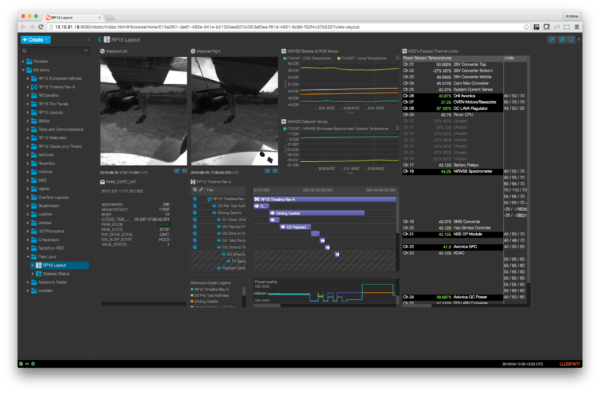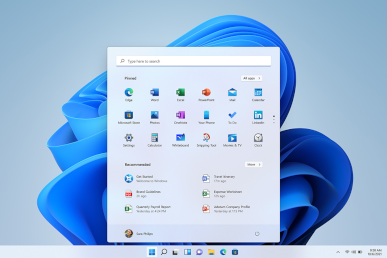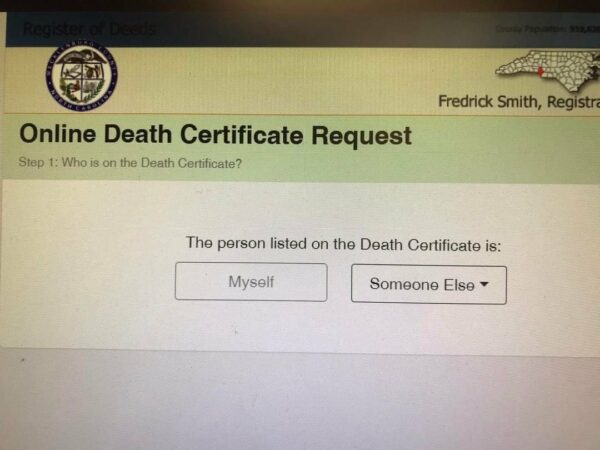New Turkish LibreOffice guide
Yesterday the blog of The Document Foundation – the German non-profit organisation behind the free and open source LibreOffice suite – reported on the release of a Turkish language guide for the productivity software.

The guide has been translated from the English Getting Started Guide by Ayhan Yalçinsoy, a member of The Document Foundation and Board of Directors deputy.
Ayhan comments:
I’ve been using LibreOffice since 2010. It makes me happy to support and contribute to this application that I use with pleasure. For this reason, I have been trying to contribute by translating the interface and help text since the day I started using it. I know that every contribution counts in the open source world.” says Ayhan. “I would like to thank Muhammet Kara for what he has done for LibreOffice here. I learned from him how I can contribute to LibreOffice apart from interface translation. I solved some easyhack issue with his support.
After all these contributions, we established a certification team. We started the translation work for the LibreOffice Getting Started Guide 6.2 about a year ago, but for some reasons we could not continue. This issue remained in my mind. Finally, with the encouragement of Muhammet Kara and the sponsorship of TUBITAK/ULAKBIM, I completed the translation of Getting Started Guide 7.2.
Ayhan is currently working on a Turkish guide for Calc, LibreOffice’s spreadsheet program and is also appealing for volunteers to help him with this task, as his ultimate aim is to make Turkish language guides for all of LibreOffice’s constituent applications.






